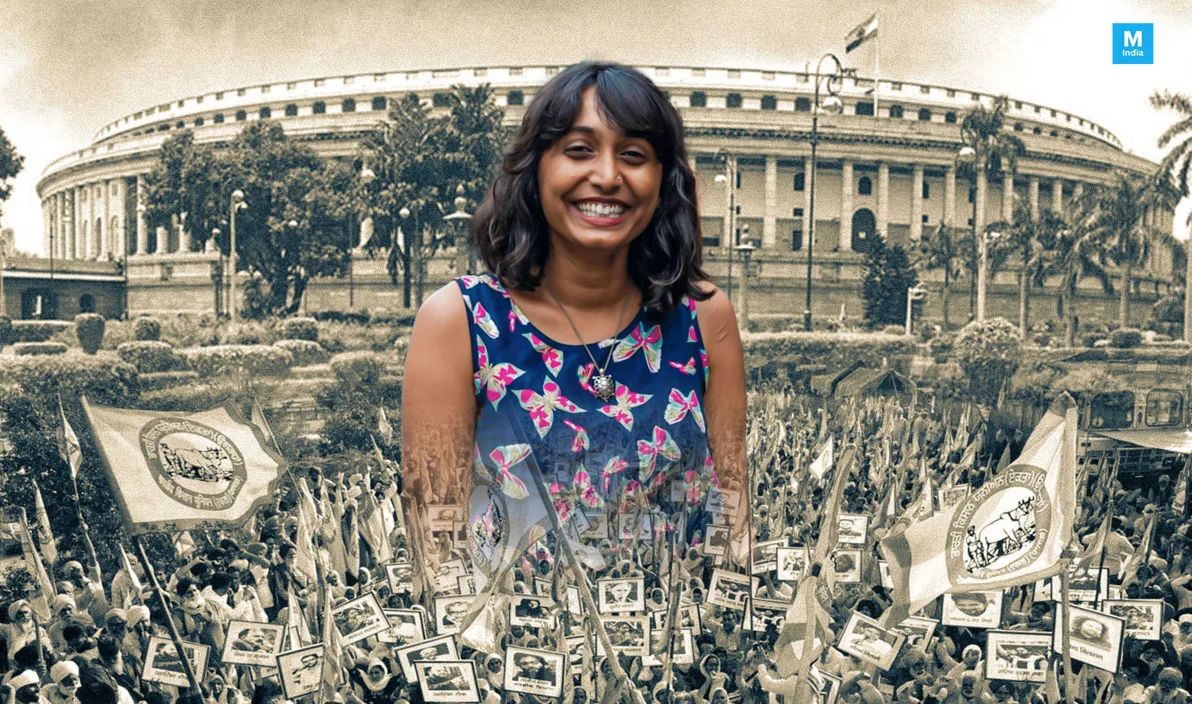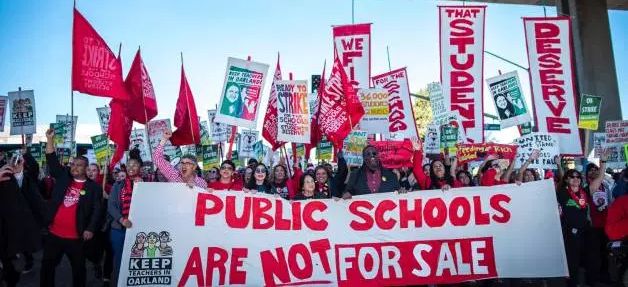
The Conservative Party has been ramping up Canada’s role as a military and imperialist power. Alongside this the federal government has been ramping up spending on publicity programs claiming to honour veterans. Funding for the Canada Remembers program, whose purpose it is to encourage national pride in Canada’s military history, was increased by 21% in the 2015 budget. The Veteran Affairs Canada (VAC) website claims that the government is expanding services.
Yet the fact is that support for armed forces’ veterans has been slashed. Here we see the hypocrisy of a government that wants to promote and celebrate its armed forces, possibly encouraging youth to join them and participate in imperialist adventures, while not providing adequate support for veterans.
The Conservatives have cut VAC services over the last decade, claiming that the cuts are to reduce government waste. In early 2014, VAC identified so-called “savings” of $34.8-million a year by “eliminating unnecessary layers of bureaucracy and introducing new technologies” — mainly by closing 9 offices. The offices were in Corner Brook, NL; Sydney, NS; Charlottetown, PEI; Brandon, Thunder Bay and Windsor, ON; Saskatoon, SK and Kelowna and Prince George, BC. These closures are part of the government’s larger austerity program of cuts to federal services as the Conservatives give tax handouts to their friends – rich individuals and the big corporations.
Although Prime Minister Harper’s government has consistently claimed that these cuts would not affect services to ex-members of the military, this is not reality.
“Good service for the veterans of this country”
Harper claimed in late 2014 that “backroom administration” had been reduced in order to increase services. According to him, “There [were] more benefits and more money for veterans than ever before, and more points of service. That is called good administration, good government, and it is good service for the veterans of this country”.
The reality is that since 2009, close to 900 VAC jobs have been cut – 33% of which are from the disability awards branch, and only 10% of which are from “backroom administration”. On top of the cuts, VAC has under-spent its budget by $1.13 billion since 2006. VAC is not processing applications nor spending its allocated funds due to a lack of staff and government directions. That is one way to ‘balance’ the budget!
Following the closures of the office in Thunder Bay, veterans now have to travel for 10 hours to reach the closest office. The cuts will also increase the caseloads for the remaining offices, some by 30%, even though many offices are already understaffed.
In early 2014, veterans met with then veteran affairs minister Julian Fantino telling him not to close the 9 offices. Fantino told veterans that “the decision has been made”. Incredibly, he later told Global News that “One of the most important parts of the job is to meet with Veterans and hear their concerns firsthand.” Clearly, hearing and actually respecting and helping veterans are two separate things for the Conservatives. The meeting left angry veterans calling for Fantino’s resignation.
Veterans feel betrayed by the government’s actions because it had promised to take care of them and younger soldiers. Veteran Roy Lamore stated in a news conference, “These closures will put veterans at risk. I hope the government is listening. Why do we, as veterans, have to beg?”
Mental Health
The Conservative government has also tried to justify the cuts by saying that the number of Second World War and Korean War veterans are diminishing. However, “operational stress injuries,” such as post-traumatic stress disorder, often take years of therapy to overcome, and many veterans are reluctant to come forward until years after they leave combat. If they wait too long, VAC services might not be there for them. Already in 2014, federal Auditor-General reported many veterans are waiting months, and in some cases years, to access mental-health disability benefits.
There has also been a rise in suicides and mental ill-health amongst veterans. Department of Defence statistics in September 2014 showed that the armed forces had lost more personnel to suicide than those killed in combat in Afghanistan. While 158 soldiers were killed in combat between 2002 and 2014, when Canada’s Afghan mission formally ended, 160 personnel committed suicide between 2004 and March 31, 2014.
Due to the job cuts and office closures, veterans are losing access to front-line, face-to-face service from public service workers and are instead being told to call a toll-free number or use a computer at the Service Canada office. These services are much less accessible and supportive than face-to-face inter-actions. This is particularity a barrier for people with mental health and stress issues. Twenty percent of ex-soldiers seeking mental health care have had to wait up to eight months for their application to be reviewed!
Further cuts of nearly $7 million are planned in 2015-2016, and much of that decrease will come from the disability pension program, war veteran’s allowances, and healthcare and re-establishment services.
Spin and Substance
The government was clearly aware of the mounting problems, as annual risk assessment reports by the department from 2009 to 2014 show the concerns of senior managers’ about a lack of resources leading to an inability to respond in timely and effective ways, and increasing employee burnout. The Auditor-General’s report of 2014 highlighted similar concerns. And veterans were protesting across the country.
Yet the Conservatives have done nothing substantial in response. At the start of 2015, Harper personally rejected the call of ex-soldiers to reverse the plans to close nine regional Veterans Affairs offices. The Conservatives did spend $4.3 million, in late 2014, on a VAC ad promoting the services and care received by veterans.
Stung by criticisms that the Conservative government has been failing the military men and women who have risked their lives in the service of their country, Veteran Affairs Minister Julian Fantino was replaced by Erin O’Toole in January 2015. O’Toole has made a series of announcements over the past months about improving services and benefits, including hiring 200 new employees. However, 200 employees will not make up for the loss of 900.
Veterans’ Disability Payments
When soldiers returned from Canada’s military operations in Afghanistan they discovered that the disability payments they’d receive would be much worse than what vets of other conflicts received. Even those who returned unharmed learned that their military retirement pensions would now be taxed, clawed back and terminated when they reached age 65.
The 2006 New Veterans Charter, scandalously unanimous approved in Parliament in 2005, was the start of cut backs. Before the Charter, soldiers disabled in service received a monthly disability pension, of a maximum of $4,000, for the rest of their lives, but the Charter changed this in favour of a one-time disability lump-sum of a maximum of $285,000. This is less than the average award of $330,000 received by construction workers from court settlements following an industrial accident. Current and former Canadian Forces members are appalled that the lifetime disability pension for disabled soldiers was replaced by lump-sum payments.
The Veterans Charter was amended in 2011, in response to the public outcry. Bill C-55, guaranteed injured veterans a minimum pre-tax income, and a $1,000-a-month supplement to the permanent impairment allowance, among other changes. However, vets say it’s still not enough and that veterans who fought in other conflicts – or even those injured in Afghanistan before 2006 – get more. Veterans argue that there should be one standard for all veterans.
On top of the cuts to services, veteran often suffer degrading and absurd treatment from VAC. Paul Franklin lost his legs in a bombing in Afghanistan, yet every year he has to fill in a form to verify the loss of his legs to keep receiving disability benefits. “Well, no, [my condition] hasn’t changed because I am a permanently disabled guy with no legs. It can’t change. It’s impossible to change,” Franklin stated in frustration.
Corporal MacEachern, a 20-year veteran of the Canadian Armed Forces, committed suicide due to post-traumatic stress disorder that had not been adequately treated. The day after her funeral her husband received a letter from Veteran Affairs stating, “We have recently been advised of the death of Mrs. MacEachern. Our most sincere sympathy is extended to you and your family at this time.” It then goes on to demand repayment of an “overpayment of $581.67”. Only after a public outcry was the demand withdrawn.
Seven veterans have filed a lawsuit claiming that the New Veterans Charter is unconstitutional and violates the Charter of Rights and Freedoms. Major Mark Campbell, one of the plaintiffs, lost both his legs above the knee, one testicle, suffered numerous lacerations and a ruptured eardrum in a Taliban ambush. He has since been diagnosed with post-traumatic stress disorder. His injuries prevent him from working and yet because of the cuts, he has suffered a cut in his compensation and support.
Campbell stated, “I come home and I find that, honestly, the biggest battle I’ve ever faced in my entire life is here at home against my very own government”. It might take 10 years to finish the case, but Campbell stated that, “Canada bred us as warriors. To think that we’re just going to fold and buckle under a bit of government pressure is ridiculous. We’re going to fight this thing to the bitter end.”
Meanwhile, government lawyers have argued in court that the country holds no extraordinary social obligation to ex-soldiers beyond what they have already received under the New Veterans Charter. Veterans, including president of Canadian Veterans Advocacy Mike Blais, are outraged at these comments, which show a complete lack of support for veterans.
The Federal Election
The Conservatives’ treatment of veterans has made it an election issue. No Canadian government in modern times has celebrated the armed forces so lavishly in words, while delivering so few services to address veterans’ psychological and physical wounds and ignoring years of protest by veterans.
A Veterans group has started the Anyone But Conservative (ABC) campaign which plans to picket pro-Harper events in uniform during the election campaign, including near polls on election day. Both the NDP and Liberals have pledged to improve services to veterans. However, they both voted for the controversial New Veterans Charter, as it was agreed unanimously by the House of Commons in 2005.
A Socialist Approach
It is true that the army, together with the RCMP and the police, constitute the central “body of armed people” which is at the centre of the Canadian state. They are the first line of defence against anything which disturbs the rule of capitalism or which threatens the interests of Canadian banking and corporate interests overseas.
Recent leaked reports from the RCMP make clear that the Tories think protestors – environmental, First Nations or union members are a threat to Canada’s corporations and ruling class.
However, the ranks of the armed forces largely come from poor communities as young people seek an escape from poverty or to learn a trade. In reality, many are economic conscripts. So we should defend the right of veterans. Also in the longer term, the working class will want to win over the rank and file of the state’s repressive machine. There are examples where the state’s machine has split, when the ranks rebelled, including Police strikes, such as in Britain in 1918 or Boston 1919, and the Portuguese revolution of 1974.
Socialist Alternative recognizes that support for rights for veterans and ex-RCMP does not run counter to the recognition of the role of the army and the police in defending state interests or undermine the need to organize against military, RCMP, or police violence and repression.
• Full democratic rights for armed forces personal – right to express their views in public, to leave the forces at any time and the right to form a union
• Restore the cuts to services for veterans
• No Canadian involvement in foreign military interventions Canada out of NATO Cut military spending, with re-training for displaced workers and service people
• Oppose neo-colonial action by the Canadian government End foreign exploitation by Canadian extractive corporations and banks
• Tax the rich and corporations not working people
• International solidarity with workers in struggle and support action to oppose corporate globalization and the neo-liberal agenda


